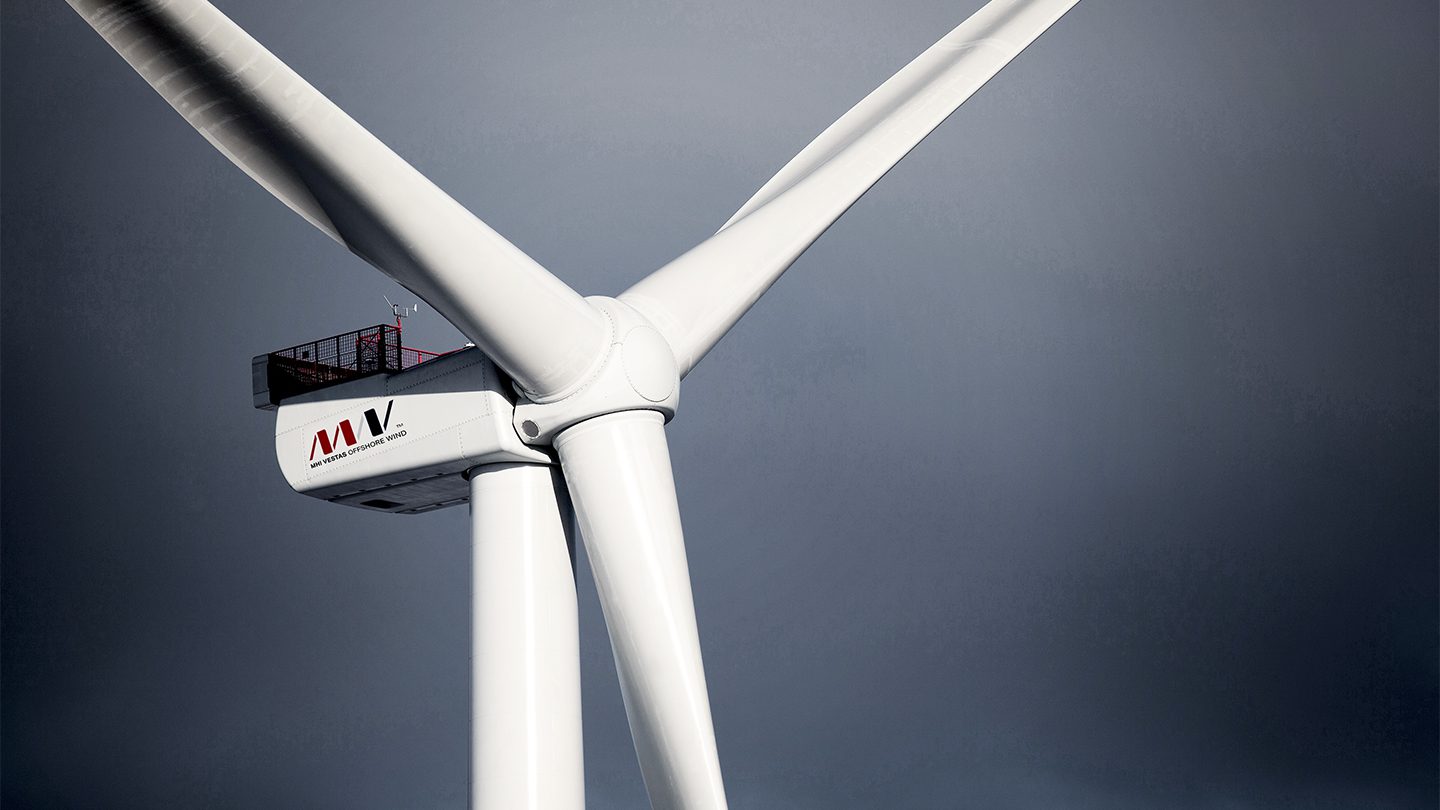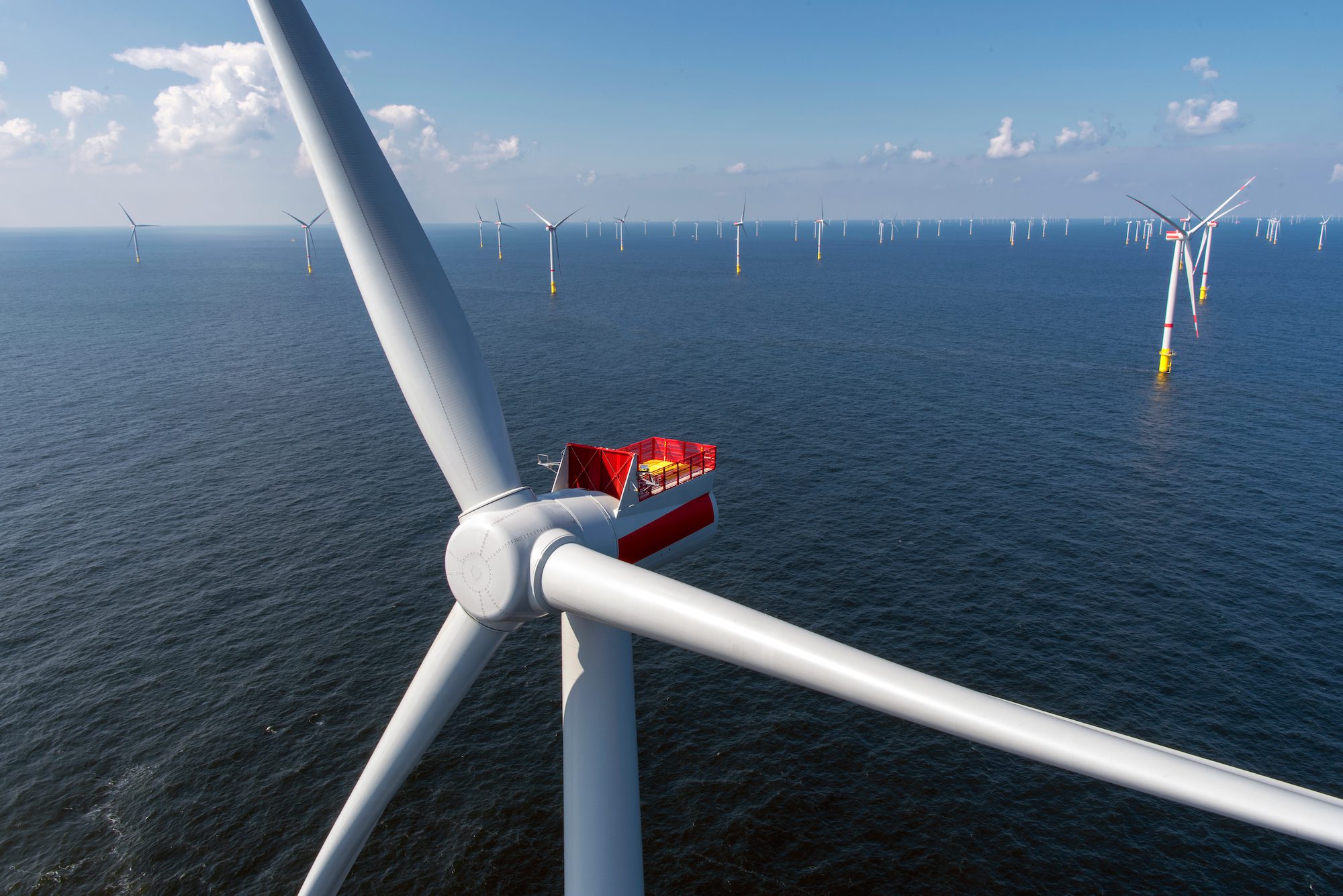West Pegasus drilling rig, image courtesty José Luis Luna Cárdenas/PEMEX
By Raul Gallegos
May 2 (Bloomberg View) — Mexican movie maker Alfonso Cuaron — fresh off winning the Oscar as best director for “Gravity” – recently put a critical question to Mexico’s President Enrique Peña Nieto: Given the decision to open the energy business to foreign investment, how will you distribute the resulting oil wealth among the citizens? Peña Nieto’s answer — an initiative to save the money in an economic development fund — shows what’s wrong with Mexico’s energy reform.
On its face, Mexico’s plan may seem conservative. But it will be easy for the nation’s notoriously corrupt politicians to exploit. Here’s a better idea: Mexico should give its citizens — ideally, the very poor — a check every year from the gains of the fund.
Here’s how a U.S. state — Alaska — does it: the government saves 25 percent of its oil revenue (the rest is used for public services); the state manages that cash to generate returns; it then takes half of the annual gains and divides the money among the state’s residents. This system leaves less money in the hands of inept or corrupt politicians; it forces the government to become more transparent about oil revenue; and it gives voters a real stake in the oil business. Alaskans love their dividends so much that the idea of changing this mechanism would kill the career of any politician.
As designed, Mexico’s oil fund will function as little more than a checking account for the nation’s politicians, with a proviso for some savings. But when savings exceed certain preordained limits, Mexico’s treasury gets the money left over. Even the language of Mexico’s oil fund law is flawed, referring to oil wealth as the property of the state. To be clear, oil revenue isn’t a gift politicians bestow on voters; it’s the other way around — politicians are employees charged with managing the oil industry for the benefit Mexicans.
Venezuela is a case study of how not to do it. The country, which has the world’s largest crude reserves, set up three different oil-savings funds in recent decades, all of them with one thing in common: they lacked direct accountability to citizens, and they all failed. One set up in 1973 quickly became the government’s piggy bank to cover budget shortfalls. Almost 25 years later, Venezuela’s Macroeconomic Investment and Stabilization Fund was meant to save half of the country’s oil revenues, but politicians changed the rules constantly to reduce how much oil money was saved. In 2003 Venezuelan politicos revamped the fund again and began depleting the $6 billion it had managed to save. Those responsible for frittering away the savings are still in power, and Venezuelans can’t do much about it.
The problem with Mexico’s oil savings fund, as with Venezuela’s, is that politicians will be able to dip into it without being held accountable. If Mexicans have a direct stake in the fund in the form of dividend payments, they would watch its performance closely and would fight attempts to mishandle its assets. Aggressive oversight by assertive citizens is just what Mexico — a country hobbled by weak political institutions and rampant corruption — needs. Making sure oil revenue isn’t used for political patronage is a good place to start.
True, Mexico, with more than 120 million people is far different from Alaska, with less than three-quarters of a million. Figuring out who qualifies for oil-dividend check would be a charged issue in a nation with such deep class divisions. Should only the poor get it or should it be distributed equally, even to the rich? Mexico would also have to adopt foolproof identification technology to reduce the risk of embezzlement, fraud and graft.
The big picture is what’s important here. In the end, the more oil revenue Mexicans receive directly by law, the less politicians will have on hand to buy loyalty.
Energy reform critics such Cuaron and others who demand transparency should push Mexico’s president to adopt an oil dividend while the country still has the chance. Opening the energy industry to foreign investment is only half the battle. Let Mexicans decide how to spend their own money, and force politicians to do more with less. That is an energy revolution worth fighting for.
To contact the author of this article: Raul Gallegos at [email protected].
Unlock Exclusive Insights Today!
Join the gCaptain Club for curated content, insider opinions, and vibrant community discussions.

 Join The Club
Join The Club













